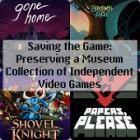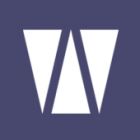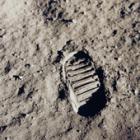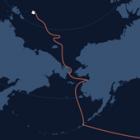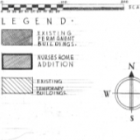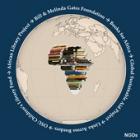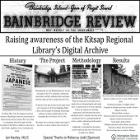
Raising awareness of the Kitsap Regional Library’s Digital Archive
In 2012, the Bainbridge Public Library, the Kitsap Regional Library, and the people of Bainbridge Island began working on a digital archive of the Bainbridge Island Review between the years 1941 to 1946. The only newspaper in the country to oppose the incarceration of Japanese American citizens for the duration of the war, the Bainbridge Island Review published pictures and letters from incarcerees, as well as reflected the values of their community, that largely believed incarceration of Japanese Americans was unjust and immoral. Still today, the people of Bainbridge Island are dedicated to “Nidoto Nai Yoni”, which means "Let It Not Happen Again". My task was to locate & contact individuals and organizations that might use their influence to raise awareness of the archive and its unique story. Conducting this outreach has resulted in multiple organizations recognizing the archive’s value, and a promise that they will spread the knowledge contained within.

